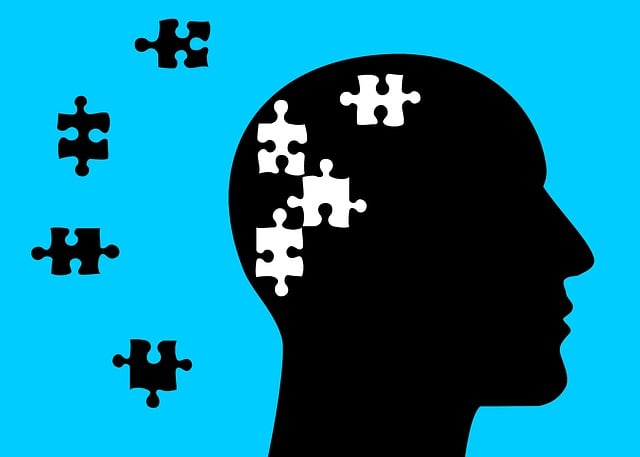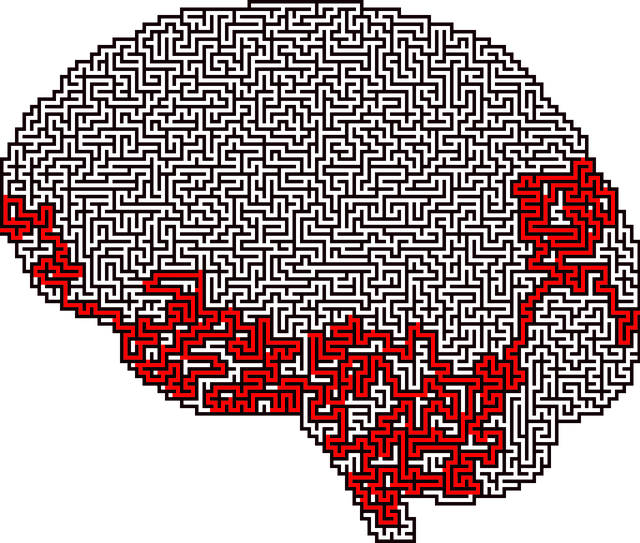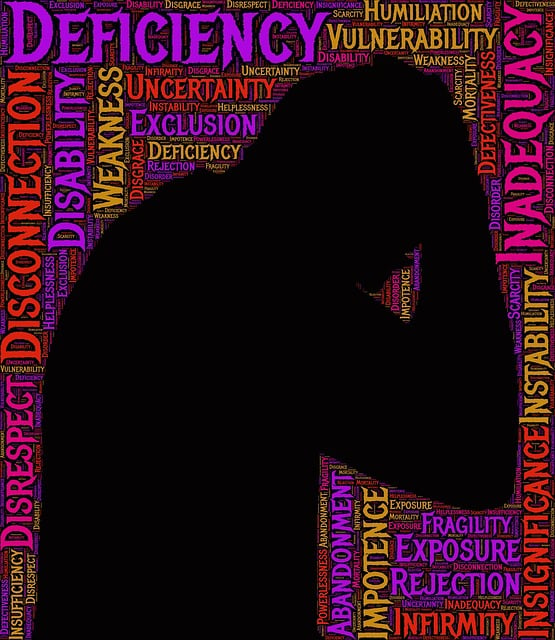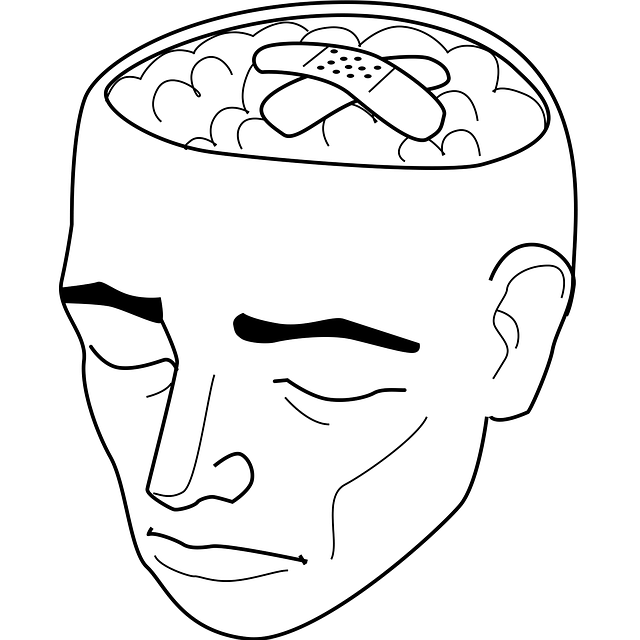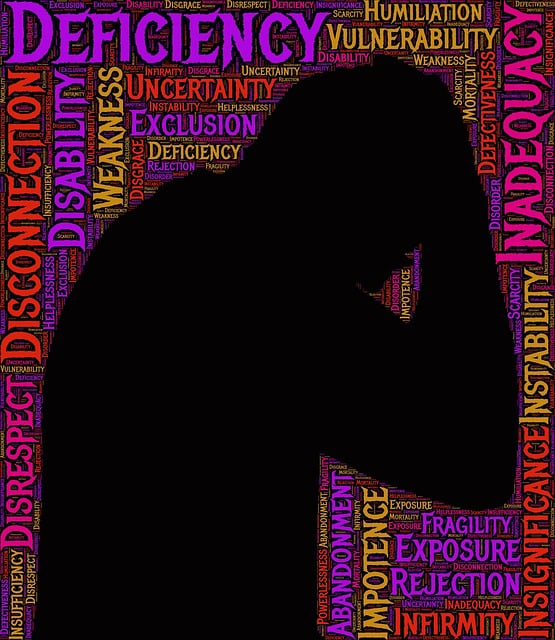Trauma-informed care in Littleton emphasizes the integration of ADD-ADHD evaluations and personalized therapy for holistic healing. By addressing trauma from events like abuse or natural disasters, services focus on social skills, anxiety relief, and communication strategies to rebuild trust and promote resilience. Eye Movement Desensitization and Reprocessing (EMDR) and culturally sensitive practices help individuals process traumatic memories and develop effective coping mechanisms, enhancing overall well-being through tailored support and evidence-based approaches.
Trauma can have profound and lasting effects on individuals, shaping their mental health and daily lives. In response, trauma support services have emerged as vital resources, offering specialized care tailored to address unique challenges. This article delves into the essential components of trauma support, focusing on Littleton’s approach. We explore how ADD-ADHD evaluations play a pivotal role in trauma-informed care, guiding effective therapy strategies for recovery. By understanding trauma and its impact, we can navigate paths to healing and resilience.
- Understanding Trauma and Its Impact: A Foundation for Support Services
- The Role of ADD-ADHD Evaluations in Trauma-Informed Care
- Effective Therapy Approaches for Trauma Recovery: Strategies and Best Practices
Understanding Trauma and Its Impact: A Foundation for Support Services

Understanding trauma is a foundational step in establishing effective support services for individuals who have experienced it. Trauma can result from various events, including but not limited to abuse, neglect, accidents, or natural disasters, and its impact can be profound and long-lasting. It often manifests as post-traumatic stress disorder (PTSD), anxiety, depression, and other mental health challenges. These conditions can significantly impair daily functioning, making it crucial for support services to address the holistic needs of survivors.
In the context of Littleton ADD-ADHD evaluations and therapy, trauma support services should incorporate strategies tailored to help individuals process and manage their traumatic experiences. Social skills training, anxiety relief techniques, and communication strategies are essential components that can empower survivors to reconnect with their communities, rebuild trust, and regain a sense of safety. By integrating these approaches, support services can foster resilience, promote healing, and enhance the overall well-being of those affected by trauma.
The Role of ADD-ADHD Evaluations in Trauma-Informed Care

In the realm of trauma-informed care, ADD-ADHD evaluations play a pivotal role in tailoring therapeutic approaches to meet the unique needs of individuals. These comprehensive assessments help unravel the complex interplay between trauma and attention-deficit/hyperactivity disorders (ADD/ADHD), enabling therapists in Littleton to deliver more personalized therapy sessions. By integrating insights from these evaluations, mental health professionals can address both trauma-related symptoms and ADD/ADHD challenges simultaneously, fostering a holistic healing process.
Cultural sensitivity in mental healthcare practice is a key consideration here. Evaluations should be designed to respect diverse cultural backgrounds, ensuring that the assessment tools and therapeutic interventions are inclusive and relevant to the client’s experiences. This culturally sensitive approach, combined with evidence-based practices, facilitates the development of self-care routine strategies for better mental health, strengthening an individual’s ability to cope with trauma and manage ADD/ADHD symptoms effectively. Mind over matter principles can empower individuals to take control of their healing journey by understanding and managing both their mental and physical well-being.
Effective Therapy Approaches for Trauma Recovery: Strategies and Best Practices

Effective therapy approaches for trauma recovery play a pivotal role in helping individuals process and overcome their traumatic experiences. One evidence-based strategy gaining prominence is Eye Movement Desensitization and Reprocessing (EMDR) Therapy, which assists clients in revisiting traumatic memories while simultaneously engaging in bilateral stimulation techniques like side-to-side eye movements or tactile taps. This approach enables the brain to reprocess traumatic memories, reducing their emotional intensity and associated distress.
Additionally, Incorporating Cultural Sensitivity in Mental Healthcare Practice is imperative for trauma support services. Recognizing that cultural background influences an individual’s perception of trauma and coping mechanisms, therapists must tailor their approaches accordingly. Crisis Intervention Guidance, focusing on immediate support and safety planning, complements long-term therapy by providing individuals with practical tools to manage acute distress during or after traumatic events. Moreover, Emotional Well-being Promotion Techniques, such as mindfulness practices and cognitive reframing, empower clients to develop healthier coping strategies and foster resilience in their trauma recovery journey, often enhancing the effectiveness of therapy sessions.
Trauma support services play a pivotal role in helping individuals heal from the profound effects of traumatic experiences. By integrating knowledge about trauma, utilizing evidence-based evaluations like Littleton ADD-ADHD assessments, and employing tailored therapy approaches, we can create a more compassionate and effective care system. These strategies ensure that everyone receives the specialized assistance they need for a successful recovery, fostering resilience and restoring hope in the process.




